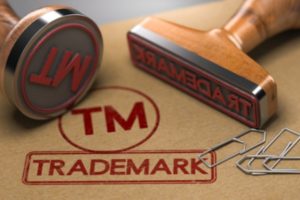
A trade mark, generally speaking, is any mark used, or proposed to be used, to identify goods or services, and to distinguish those goods and services from similar kinds of products or marks within the industry.
A ‘mark’ can be any sign that can be represented graphically, including a device, name, signature, word, letter, numeral, shape, configuration, pattern, ornamentation, colour or container for goods, or any combination thereof. A ‘device’ can be any visual representation or illustration that can be reproduced on a surface, whether by printing, embossing or by any other means.
Trade mark infringement occurs when an identical or confusingly similar mark or device is used in relation to the same or similar goods or services for which a trade mark has been registered by someone else.
How to Register a Trade Mark in South Africa
The first step in registering your trade marks in South Africa is to meet with one of our professionals who will be able to advise you on the registrability of your marks or devices, the processes involved, and the classifications of trade marks. Goods and services are classified into classes for purposes of registration (34 classes for goods; 11 classes for services). A separate application must be filed in each class in which protection is desired.
All applications undergo examination by the Trade Marks Office to determine inherent registrability as well as possible conflict with prior registrations or applications. After examination, the Trade Marks Office will either accept the application or preliminarily refuse it or indicate the conditions subject to which it may be accepted. If there is a preliminary refusal or conditional acceptance, an opportunity is afforded the applicant to make representations to the Registrar to overcome whatever objections have been raised or to deal with the application otherwise as circumstances may dictate. At present the registration procedure takes 30 months (or more) from the date of filing.
Once a trade mark application has been accepted, it is advertised in the Patent Journal. Opposition proceedings against a trade mark application are very similar to motion proceedings in the High Court. In the absence of objections by third parties within three months of the advertisement date, the application will proceed to grant and a certificate of registration will be issued.
This article was submitted by Adams & Adams Trade Mark Services. The Adams & Adams trade mark attorneys deal with all matters relating to trade marks, copyright, franchising, counterfeit products, passing off, unlawful competition, copyright and trade mark infringement, advertising law and related aspects of corporate law and protection.
